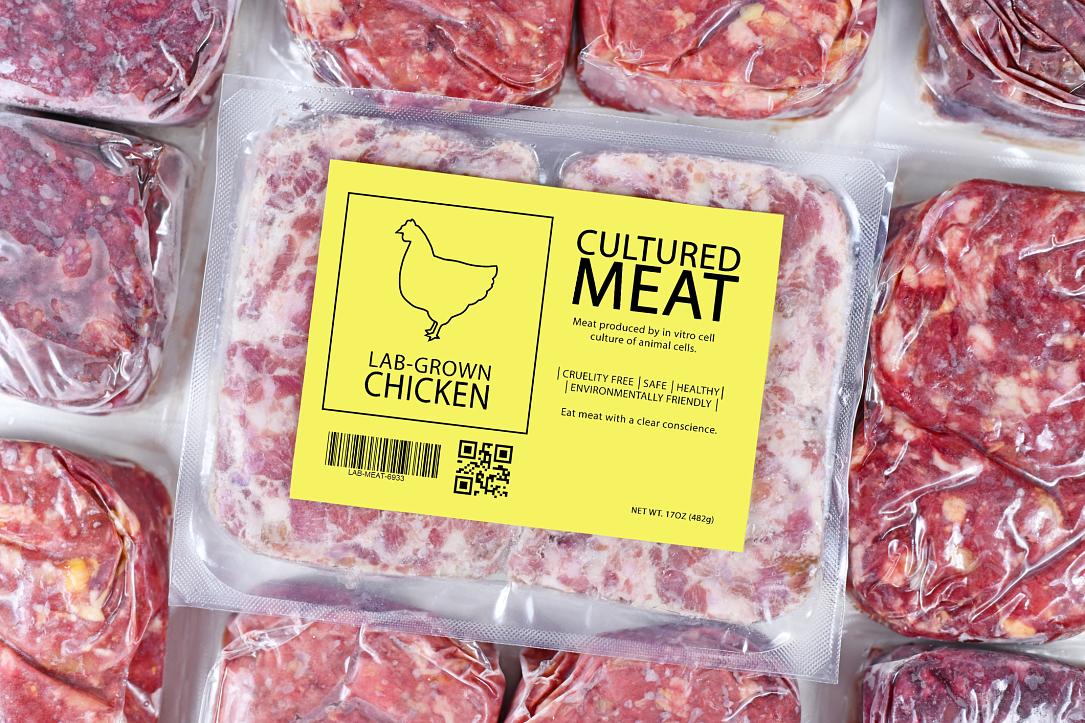Update: Romanian Senate votes to ban sale of lab-grown synthetic meat



Update: Reacting to the passing of the bill in the Romanian Senate prohibiting the sale of cultivated meat, the Good Food Institute Europe noted that “cultivated meat is the same meat we eat today, but made in cultivators.” Cultivators, the nonprofit adds, are similar to fermentors used for brewing beer.
The Institute argues in a response sent to Romania-insider.com that lab-grown meat could also cut the climate impact of meat by up to 92%, reduce air pollution by up to 94%, and use up to 90% less land.
“This proposal threatens to cut Romania off from investment and job opportunities, undermine efforts to tackle climate change and restrict consumer choice. It would also leave Romania behind as countries around the world invest in cultivated meat as part of a future-proof food system,” said Seth Roberts, policy manager at the Good Food Institute Europe.
He added that the law is likely in breach of the European single market and that cultivated meat will be subject to a rigorous, 18-month EU regulatory authorization process before it can be sold in Romania.
Initial story: The Senate, the upper chamber of Romania’s legislative, recently passed a bill banning the sale of lab-grown synthetic meat on the local market.
According to the project, "the sale of lab-grown synthetic meat obtained from animal cells is prohibited on the domestic market." The sale of synthetic meat is subject to fines ranging from RON 200,000 to 300,000 (EUR 40,000-60,000).
The legislative proposal will also be discussed by the Chamber of Deputies, which has the final say in the matter.
The legislative proposal, initiated by a group of MPs from the governing Social Democratic Party (PSD), aims to regulate the naming, presentation, labeling, and marketing of meat products, "with the goal of safeguarding public health, ensuring hygiene conditions, and providing consumers with accurate information," as stated in the expert commission's report cited by Digi24.
Lab-grown meant "is still in the experimental phase worldwide, and public catering in Romania and the European Union ensures compliance with health standards. Let's not invent something for which there is currently no shortage,” Social Democratic MP and former minister of agriculture Adrian Chesnoiu told Adevarul.
The project also defines "Romanian product" as meat and meat products resulting from carcasses that are 100% from Romanian farms. It is prohibited to label meat and meat product shelves and labels with the term "Romanian product" and the colors of the national flag if the provisions are not met.
The bill also mandates that product labels must include a QR code and the purchase price for products from both the domestic and foreign markets, as outlined in the PSD parliamentarians' proposal.
(Photo source: Monikabaumbach | Dreamstime.com)